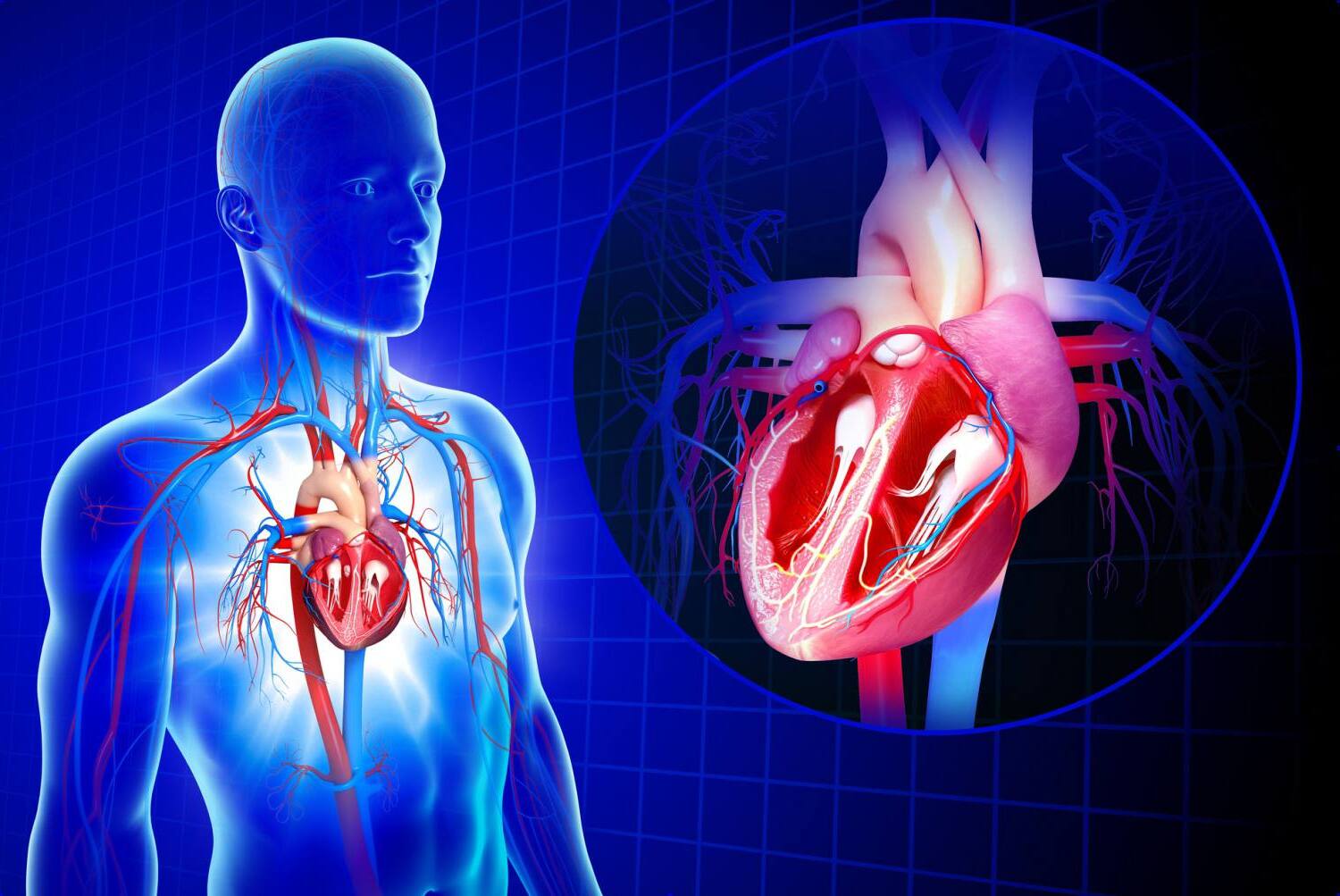
Cardiovascular health is crucial for a long, vibrant life. Did you know that heart disease is the leading cause of death globally? Understanding the facts about your heart can help you make better lifestyle choices. From the importance of regular exercise to the benefits of a balanced diet, small changes can make a big difference. Smoking and excessive alcohol consumption are major risk factors, but they are preventable. Stress management also plays a significant role in maintaining a healthy heart. By staying informed and proactive, you can significantly reduce your risk of cardiovascular issues. Ready to learn more? Let's dive into 30 essential facts about cardiovascular health.
Key Takeaways:
- Cardiovascular health is crucial for overall wellness. Did you know the heart beats 100,000 times a day? A healthy diet can reduce heart disease risk by up to 80%!
- Lifestyle choices play a big role in heart health. Regular physical activity and a diet rich in fruits and vegetables can lower blood pressure and support cardiovascular health.
What is Cardiovascular Health?
Cardiovascular health refers to the well-being of the heart and blood vessels. Maintaining good cardiovascular health is crucial for overall wellness and longevity. Here are some fascinating facts about cardiovascular health that might surprise you.
-
The heart beats about 100,000 times a day, pumping around 2,000 gallons of blood through the body.
-
Cardiovascular diseases are the leading cause of death globally, accounting for about 31% of all deaths.
-
A healthy diet can reduce the risk of heart disease by up to 80%.
The Heart's Anatomy and Function
Understanding the heart's structure and how it works can help you appreciate its importance. Here are some key facts about the heart's anatomy and function.
-
The heart has four chambers: two atria and two ventricles.
-
The left ventricle is the strongest chamber, pumping oxygen-rich blood to the entire body.
-
The heart's electrical system controls the heartbeat, ensuring it beats in a coordinated manner.
Risk Factors for Cardiovascular Disease
Several factors can increase the risk of developing cardiovascular diseases. Awareness of these risk factors can help in prevention.
-
High blood pressure is a major risk factor for heart disease and stroke.
-
Smoking damages blood vessels, leading to atherosclerosis and increased heart disease risk.
-
High cholesterol levels can lead to plaque buildup in arteries, causing heart attacks.
Lifestyle and Cardiovascular Health
Your lifestyle choices play a significant role in maintaining cardiovascular health. Here are some lifestyle-related facts.
-
Regular physical activity can lower blood pressure and improve heart health.
-
A diet rich in fruits, vegetables, and whole grains supports cardiovascular health.
-
Excessive alcohol consumption can lead to high blood pressure and heart disease.
The Role of Genetics in Cardiovascular Health
Genetics can influence your risk of developing cardiovascular diseases. Here are some genetic-related facts.
-
Family history of heart disease increases your risk of developing it.
-
Certain genetic mutations can predispose individuals to high cholesterol levels.
-
Genetic testing can help identify individuals at higher risk for cardiovascular diseases.
The Impact of Stress on the Heart
Stress can have a significant impact on cardiovascular health. Here are some facts about stress and the heart.
-
Chronic stress can lead to high blood pressure and heart disease.
-
Stress management techniques, such as meditation, can improve heart health.
-
Acute stress, like a sudden shock, can cause heart attacks in some individuals.
The Importance of Regular Check-ups
Regular medical check-ups are essential for maintaining cardiovascular health. Here are some facts about the importance of check-ups.
-
Regular blood pressure monitoring can help detect hypertension early.
-
Cholesterol screenings can identify individuals at risk for heart disease.
-
Early detection of heart disease can lead to more effective treatment and better outcomes.
Advances in Cardiovascular Medicine
Medical advancements have significantly improved the diagnosis and treatment of cardiovascular diseases. Here are some recent advancements.
-
Stents and angioplasty have revolutionized the treatment of blocked arteries.
-
Heart transplants have saved countless lives of those with severe heart disease.
-
Wearable technology, like smartwatches, can monitor heart health in real-time.
The Role of Sleep in Heart Health
Quality sleep is crucial for maintaining cardiovascular health. Here are some facts about sleep and the heart.
-
Poor sleep quality is linked to an increased risk of heart disease.
-
Sleep apnea, a condition where breathing stops during sleep, can lead to high blood pressure.
-
Consistent sleep patterns can improve overall heart health.
The Future of Cardiovascular Health
The future holds promising advancements in cardiovascular health. Here are some facts about what to expect.
-
Personalized medicine will tailor treatments based on individual genetic profiles.
-
Artificial intelligence will enhance the accuracy of heart disease diagnosis.
-
Regenerative medicine, like stem cell therapy, may repair damaged heart tissue.
Heart Health Matters
Taking care of your heart isn't just for the elderly. Everyone benefits from good cardiovascular health. Regular exercise, a balanced diet, and avoiding smoking can make a huge difference. Even small changes, like taking the stairs instead of the elevator, add up. Knowing your family history helps too. If heart disease runs in your family, be extra vigilant. Regular check-ups with your doctor can catch problems early. Stress management is also crucial. High stress levels can lead to high blood pressure, which strains your heart. Simple activities like yoga or even a walk in the park can help. Remember, your heart works hard for you every day. Treat it well, and it will keep you going strong. Stay informed, stay active, and make heart health a priority. Your future self will thank you.
Frequently Asked Questions
Was this page helpful?
Our commitment to delivering trustworthy and engaging content is at the heart of what we do. Each fact on our site is contributed by real users like you, bringing a wealth of diverse insights and information. To ensure the highest standards of accuracy and reliability, our dedicated editors meticulously review each submission. This process guarantees that the facts we share are not only fascinating but also credible. Trust in our commitment to quality and authenticity as you explore and learn with us.


